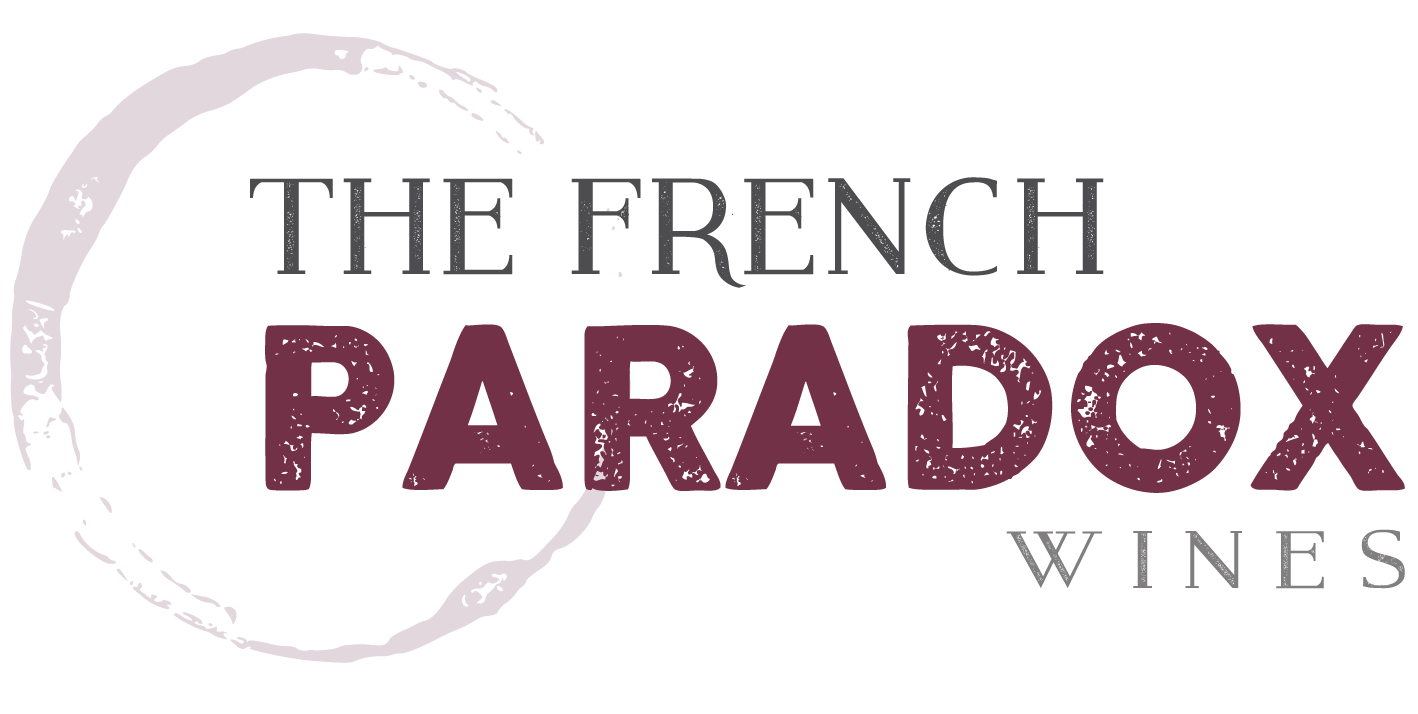I read an opinion piece this morning that was defending wine critics and writers by claiming that wine is too ‘mystical’ and ‘complex’ to be properly understood except by those that study and truly venerate wine. I couldn’t disagree with that contention more. Yes, wine is complicated, and the more one learns about wine, the more one sees the variables that contribute to the finished product. But that’s also true of backyard gardening, amateur photography, and knitting. On the surface, these activities seem simple and easily understood, but as one immerses themselves into the practice and begins to learn, the veil begins to lift and the task becomes more complex (and fascinating). My guess is that the wine press really hates hobbies and hobbyists and think that all things that require curiosity and exploration should be left to them, our cultural and intellectual betters.
I also want to take exception to the term that this writer ascribed to himself: self-taught. When exactly did that become an attribute? Do you want a self-taught heart surgeon? Or pilot? I think the term is bullshit, pure and simple.
I know what the writer meant; that he had no formal, classroom education. But that’s not what ‘self-taught’ means, or even implies. Yes, it surely means ‘un-schooled’, but I think that’s crap as well. ‘Self-taught’ wants to imply that the writer is of a superior class, that because of his hereditary and genetic advantages, his unadorned genius, he understands concepts that the rest of us find vexing and that we must study to understand. He’s claiming a superior, dare I say, superhuman, palate, which mere mortals, we poor, struggling students, can not achieve nor ever understand.
Right.
He’s not self-taught. No one is. There are books that he has presumably read and grape-growers that he has likely spoken with. Co-workers that he swapped opinions with. Employers who offered advice. Sales representatives that described practices and showed him wines that he had not previously experienced. They, and many others beside, were his teachers. The workplace was his classroom, the vineyard, his lecture hall.
Chefs are not self-taught either, unless they have never worked in another restaurant or watched their grandmother make meatloaf. Learning is not limited to the formal classroom or ivy-draped halls. Learning doesn’t happen in the vacuum that ‘self-taught’ poseurs inhabit. Teaching, and its glorious off-spring, learning, occurs through human interaction,whether directly or through books or YouTube (which were written and produced by other humans).
Let’s consider whether one can be truly ‘self-taught’. There is no speech without mimicry, no language in silence. If no one writes a book, or before that, no civilization develops an alphabet, then no one can teach themselves to read. One could certainly gain understanding by watching the acts of others, without speech or verbal instruction, but that is also learning, and the lessons are supplied by others, not by oneself.
The better term for the self-described ‘self-taught’ individual (if they are truly thus) is ‘unlearned’. And because of this self-proclaimed lack of learning, they make dubious and farcical claims, misunderstand facts and misjudge outcomes. The self-anointed unlearned shouldn’t be heralded or promoted, nor believed, followed or even heard. The unlearned should be persuaded to learn, rather than be encouraged to offer opinions without basis.
When did we, as a society, make a virtue of ignorance? That term specifically speaks to the ‘unlearned’ rather than the ‘un-schooled’, as one can and does learn outside of the school. And let’s not confuse ‘ignorance’ with ‘stupidity’. The ignorant chooses his path, the stupid has little choice. The ‘unlearned’ takes pride is his lack of learning and considers himself bold for speaking without the benefit of knowledge.
Frankly, only the ‘un-learned’ should consider being ‘self-taught’ a virtue.
